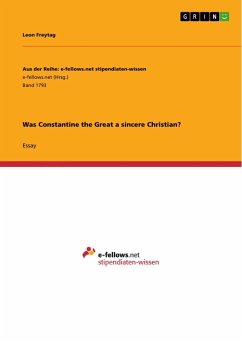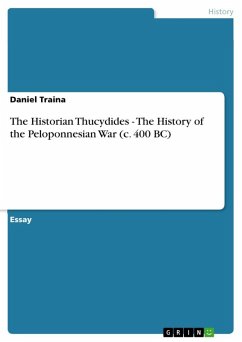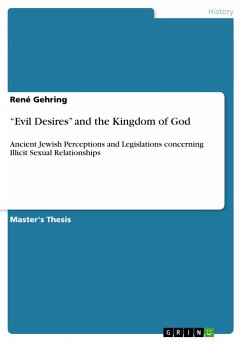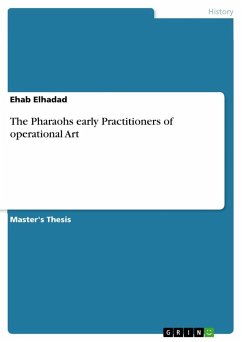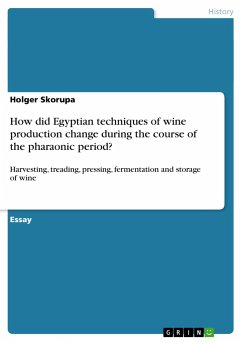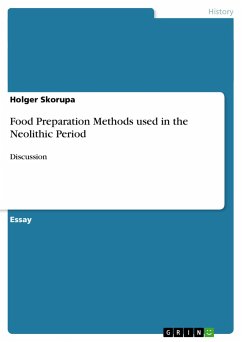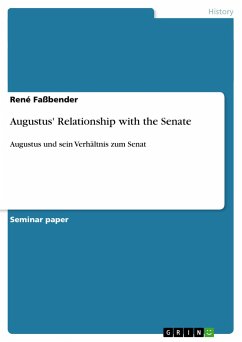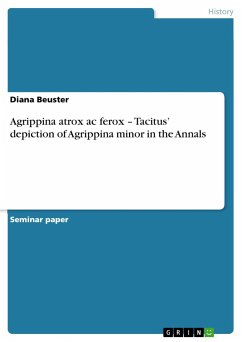Essay from the year 2016 in the subject World History - Early and Ancient History, grade: 1,3, , language: English, abstract: The question about the sincerity of Roman Emperor Constantine's faith matters for two reasons. First, during his reign at the beginning of the fourth century AD Christianity became a religio licita, after having been only a superstitio illicita before. It was Constantine who really paved the way for a Christian empire, which has heavily influenced world history until now. The sincerity of his faith might explain his success. Second, this is a question about motive. If we can better understand the underlying motivations of Constantine, any other speculations about his life and his actions become more plausible. A Variety of sources are available to us, each one having strengths and limitations. Unfortunately, there are hardly any texts delivered by Constantine himself, which means that we can only speculate on the sincerity of his faith without ever being sure. Coins issued by Constantine are a reliable primary source, but being a very public item they might not tell us much on his private beliefs. The same holds for public documents issued by Constantine like the Edict of Milan. On the other side, we have two detailed accounts on his life by two of his contemporaries, Eusebius of Caesarea ("Life of Constantine") and Lactantius ("On the deaths of the persecutors"). As both are Christians, we have to take into account the bias due to the incentive to portrait Constantine like a saint.
Hinweis: Dieser Artikel kann nur an eine deutsche Lieferadresse ausgeliefert werden.
Hinweis: Dieser Artikel kann nur an eine deutsche Lieferadresse ausgeliefert werden.

